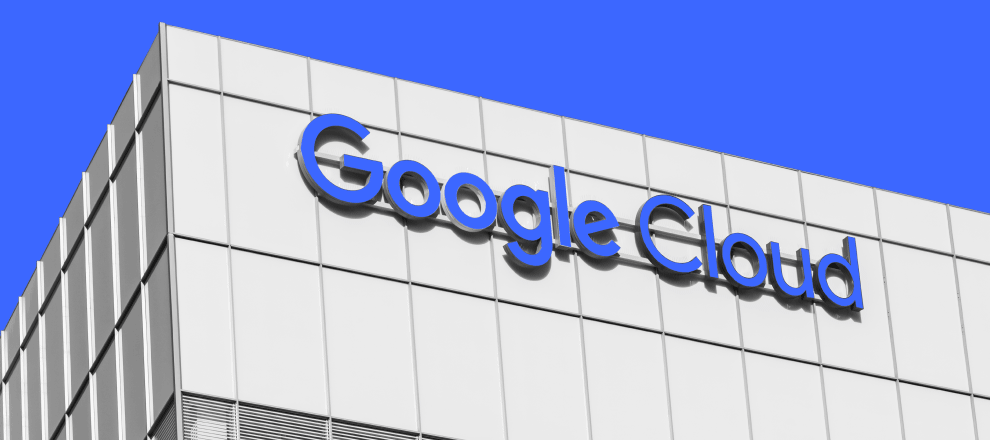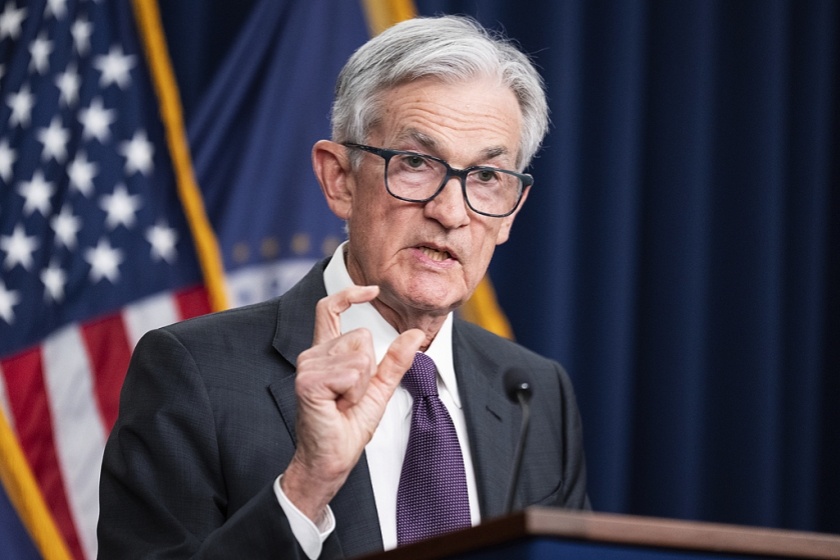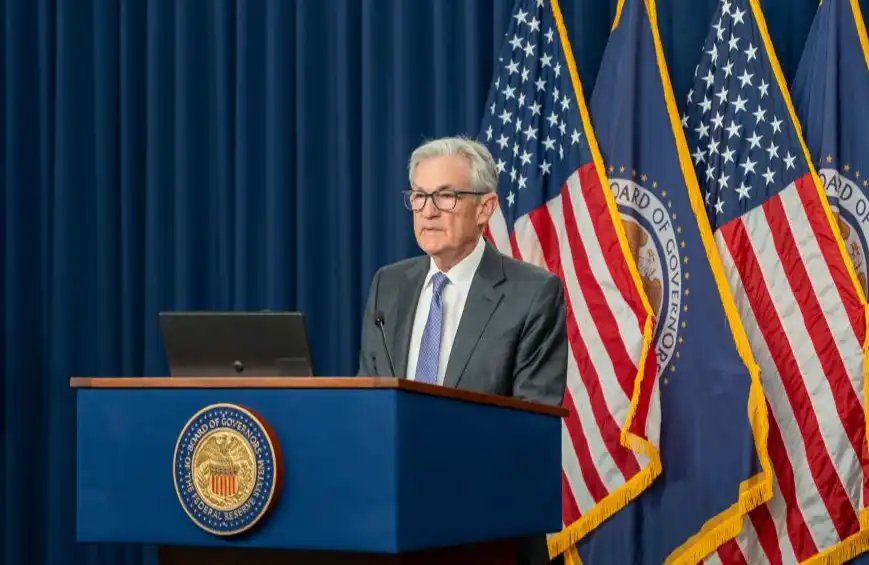Amid the explosive growth of the stablecoin market, Google Cloud is launching the Universal Ledger platform, designed to modernize traditional financial infrastructure.

Google Cloud representatives announced the launch of the Universal Ledger (GCUL) platform, aimed at upgrading payment services and products for capital markets. The solution, based on distributed ledger technology (DLT), will allow financial institutions to create global, 24/7, programmable payment solutions, leveraging the existing commercial bank money model while addressing the challenges of traditional infrastructure.
Google Cloud Universal Ledger (GCUL) takes an evolutionary approach, enabling banks and financial intermediaries to leverage the benefits of DLT-based solutions for handling commercial bank money, optimizing transaction speed, cost, and complexity.
The announcement highlights that today’s financial infrastructure is highly fragmented, slowing down economic growth. According to The Economist, the macroeconomic cost of fragmented payment systems could reach $2.8 trillion by 2030 (-2.6% of global GDP). In 2022, financial institutions spent $37 billion annually maintaining outdated payment systems, a figure expected to rise to $57 billion by 2028.
A key catalyst for the launch of GCUL is the explosive growth of the public stablecoin market, which offers an alternative to traditional financial mechanisms through near-instant, low-cost global transactions. The total volume of stablecoin transactions has reached $30 trillion, with $5 trillion in organic transactions recorded in 2024. However, stablecoins face major challenges, including regulatory and compliance issues, blockchain infrastructure fragmentation, and associated economic risks.
In contrast, Google Cloud’s Universal Ledger is a managed service accessible via a single API. GCUL supports multi-currency operations, ensures atomic settlement, and automates payments. Key benefits include:
- Simplicity. Delivered as a service, GCUL eliminates the need for banks to build and maintain their own complex infrastructure.
- Stability. Transaction costs are stable and transparent, unlike volatile blockchain network fees.
- Flexibility. Google’s infrastructure ensures high performance, scalability, and programmability for managing digital assets.
- Security. Operates as a private, permissioned network with verified accounts, leveraging Google’s secure and reliable infrastructure.
For clients, this means near-instant cross-border payments with low fees and 24/7 availability. For financial institutions, it reduces operational and infrastructure costs, simplifies compliance, and minimizes errors and fraud.
GCUL is primarily focused on addressing challenges in capital markets. Today’s multi-day settlement cycles, which require working capital and collateral for risk management, significantly hinder development. The platform enables DVP (delivery-versus-payment) settlement, reducing risks and increasing liquidity. GCUL also provides a unified environment for issuance, management, and settlement of digital assets such as bonds, funds, and collateral instruments, creating the foundation for seamless 24/7 capital flows.
GCUL was already piloted by several institutional players. In March 2025, CME Group announced plans to leverage Google Cloud Universal Ledger for RWA tokenization to improve capital market efficiency.




